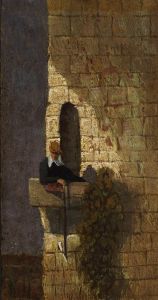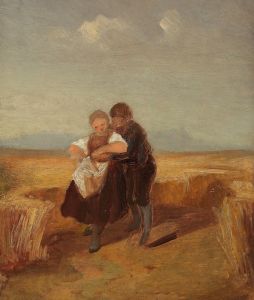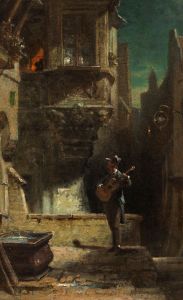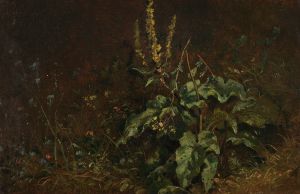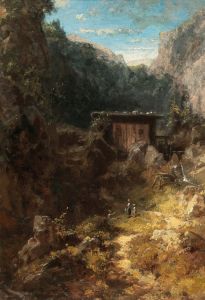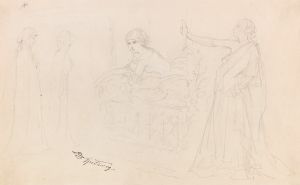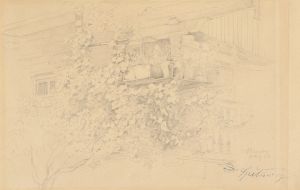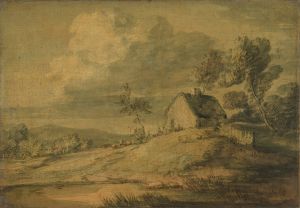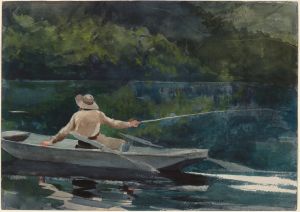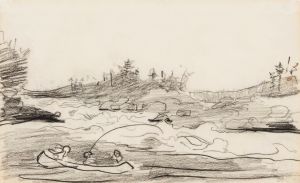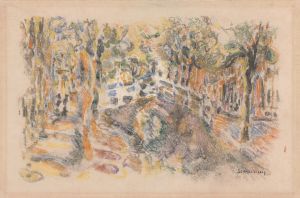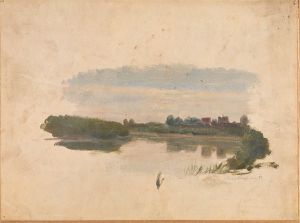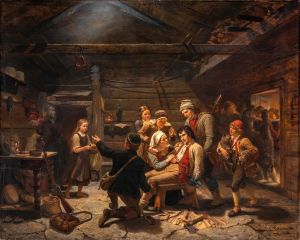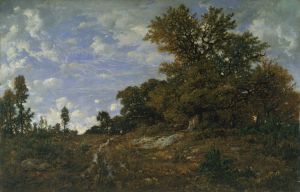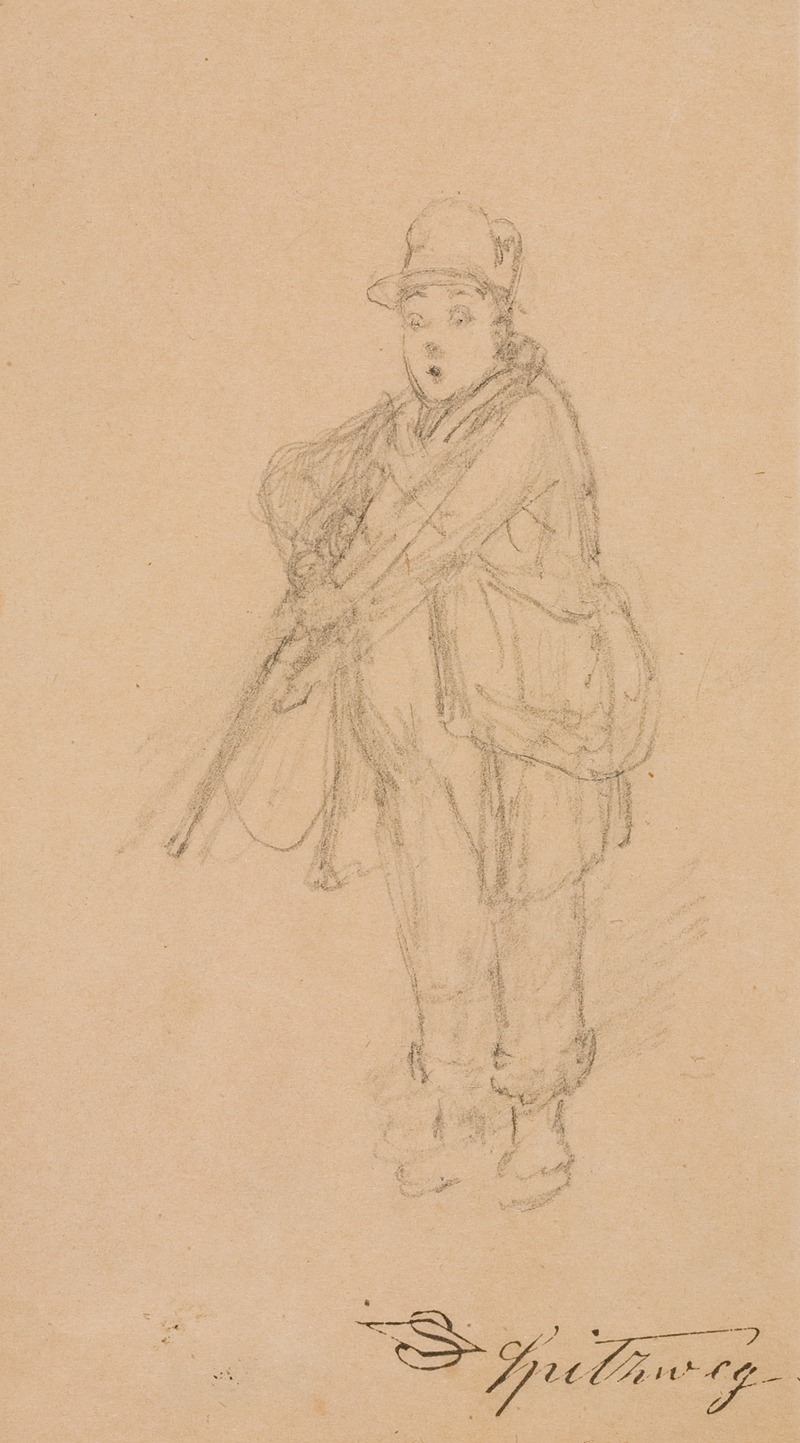
Sunday hunter
A hand-painted replica of Carl Spitzweg’s masterpiece Sunday hunter, meticulously crafted by professional artists to capture the true essence of the original. Each piece is created with museum-quality canvas and rare mineral pigments, carefully painted by experienced artists with delicate brushstrokes and rich, layered colors to perfectly recreate the texture of the original artwork. Unlike machine-printed reproductions, this hand-painted version brings the painting to life, infused with the artist’s emotions and skill in every stroke. Whether for personal collection or home decoration, it instantly elevates the artistic atmosphere of any space.
Carl Spitzweg's painting Sunday Hunter (German: Sonntagsjäger) is a work by the renowned 19th-century German Romantic painter and poet, Carl Spitzweg (1808–1885). Spitzweg is best known for his humorous and often satirical depictions of middle-class life in the Biedermeier period, a time of relative peace and prosperity in Central Europe following the Napoleonic Wars. His works frequently explore themes of individuality, eccentricity, and the quirks of everyday life.
Sunday Hunter exemplifies Spitzweg's characteristic style, blending humor with a keen observation of human behavior. The painting portrays an amateur hunter, likely a member of the bourgeoisie, who appears ill-suited for the task of hunting. The figure is often interpreted as a "Sunday hunter," a term that humorously refers to individuals who take up hunting as a leisurely weekend activity rather than as a serious pursuit. Spitzweg's depiction captures the character's awkwardness and inexperience, emphasizing the contrast between the hunter's aspirations and his actual abilities.
The composition of Sunday Hunter reflects Spitzweg's skill in creating intimate, narrative-driven scenes. The setting is typically rural, with a focus on the natural environment, which serves as both a backdrop and a subtle commentary on the hunter's presence. Spitzweg's use of light and color enhances the painting's warm, inviting atmosphere, while his attention to detail brings the scene to life. The humor in the painting is gentle and affectionate, characteristic of Spitzweg's approach to his subjects.
As with many of Spitzweg's works, Sunday Hunter can be seen as a reflection of the social and cultural dynamics of the Biedermeier period. The painting gently critiques the pretensions and foibles of the middle class, while also celebrating their individuality and humanity. Spitzweg's ability to balance satire with empathy has made his works enduringly popular and widely appreciated.
The exact date of creation for Sunday Hunter is not definitively documented, but it is consistent with Spitzweg's artistic output during the mid-19th century. The painting is part of Spitzweg's broader body of work, which includes other well-known pieces such as The Poor Poet (Der arme Poet) and The Bookworm (Der Bücherwurm). These works share a similar focus on humor, individuality, and the everyday lives of their subjects.
Today, Carl Spitzweg's paintings, including Sunday Hunter, are celebrated for their charm, wit, and insight into 19th-century society. His works are held in high regard and are featured in various art museums and collections, particularly in Germany and Austria.





